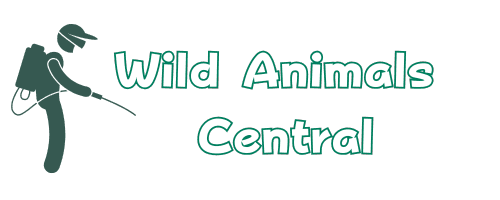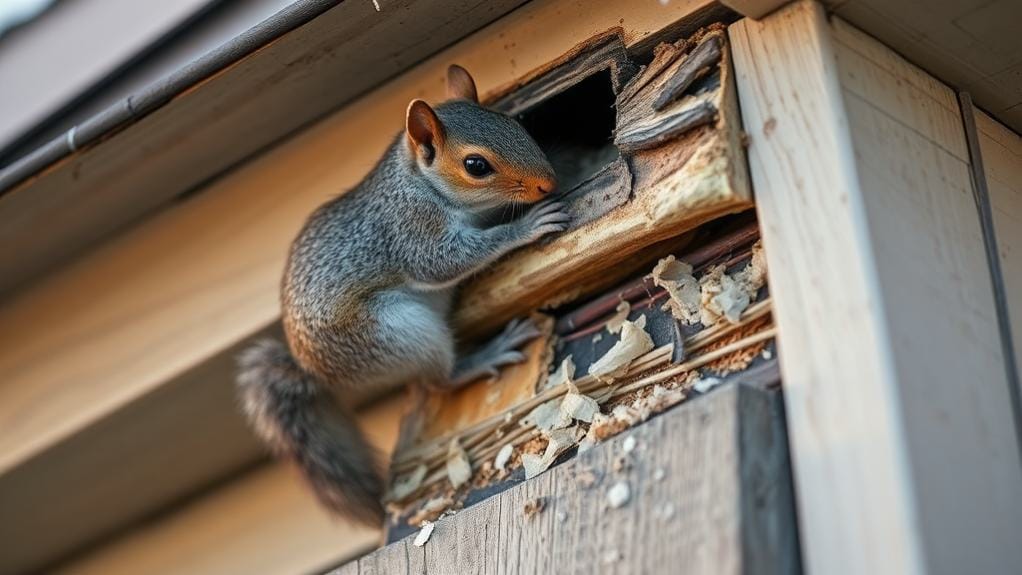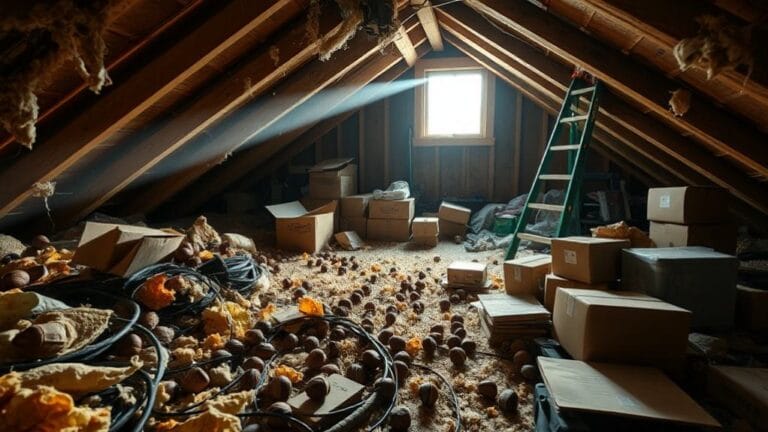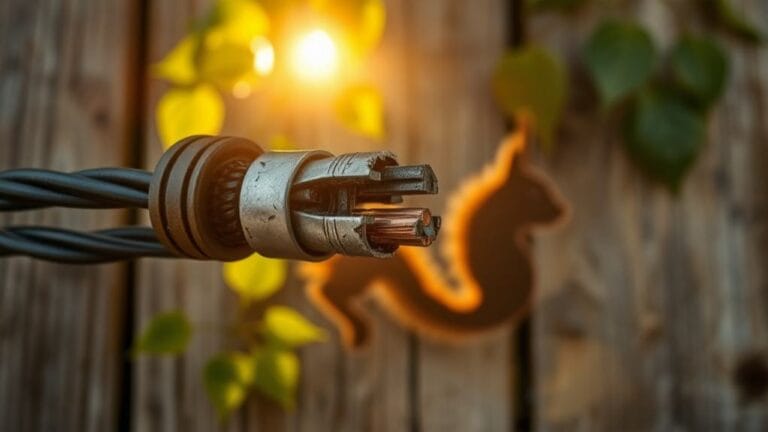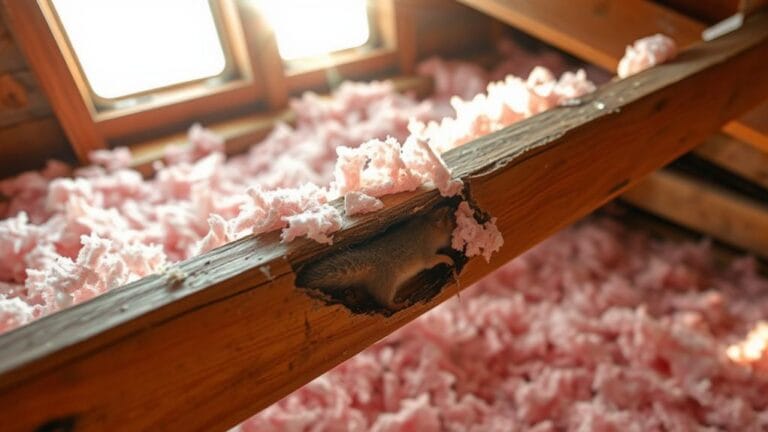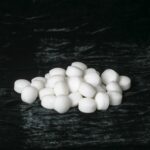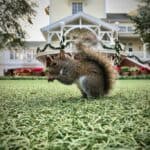Squirrels aren't just cute tree-dwellers – they're home-wrecking menaces that'll turn your house into their personal playground. These rodents can squeeze through golf ball-sized holes to wreak havoc in your attic, where they'll shred insulation, chew through electrical wiring (hello, fire hazard!), and contaminate your space with disease-carrying droppings. They'll gnaw through wooden beams, create new entry points for other pests, and block ventilation that leads to dangerous mold. The damage hits your wallet hard too, from costly repairs to reduced property values. Trust us – there's way more to these bushy-tailed troublemakers than meets the eye.
Common Entry Points
Table of Contents
Seeking shelter and nesting spots, squirrels can infiltrate your home through openings barely the size of a golf ball. Yes, that tiny gap you've been ignoring? It's basically a welcome mat for your next squirrel problem.
These costly structural problems often start small but quickly escalate into major repair expenses.
These persistent pests know exactly where to look:
- Soffit vents (their favorite shortcut to your cozy attic)
- Uncapped chimneys (because who doesn't love a dramatic entrance?)
- Gaps around plumbing stacks
- Vulnerable rooflines where their gnawing behavior creates bigger holes
Pro Tip: Those trees hanging over your roof? They're basically squirrel highways straight to your house.
Watch out for these crafty creatures setting up their nest building operations in your attic.
Once they're in, they'll tear through insulation like it's a five-star hotel's pillows.
Don't wait until you hear tiny footsteps overhead.
Attic and Insulation Destruction
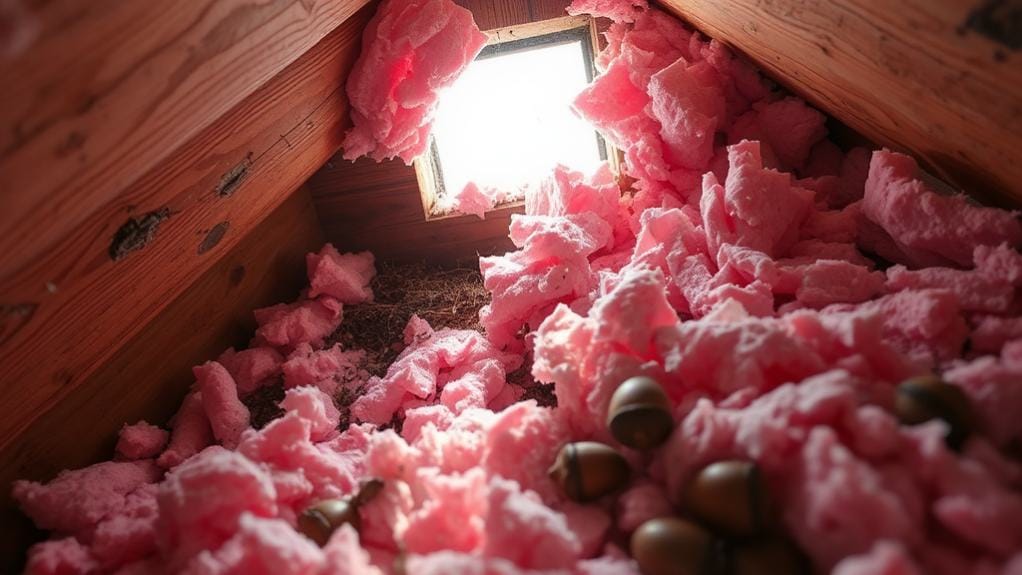
Three major threats await homeowners once squirrels invade their attics: destroyed insulation, contaminated spaces, and dangerous fire hazards.
Soft nesting materials like moss and feathers are particularly appealing to squirrels, who'll enthusiastically tear through your existing insulation to incorporate these materials. They'll also gather leaves and twigs from outside, dragging debris into your attic space.
Think your attic's cozy? Well, those bushy-tailed invaders think so too. They'll turn your expensive insulation into their personal bedroom set, shredding it for nests and leaving you with skyrocketing energy bills.
(Surprise – squirrel damage isn't covered by most insurance policies!)
Here's what you're really facing:
- Contaminated insulation from squirrel droppings and urine that you'll need to replace entirely
- Destructive gnawing on electrical wiring that can spark house fires (because apparently, squirrels moonlight as electricians)
- Blocked ventilation from nests that leads to toxic mold growth
*Pro Tip: If you hear scratching above your head, don't wait. Those aren't friendly neighborhood squirrels – they're destroying your home's infrastructure while creating serious health risks.*
Electrical System Hazards
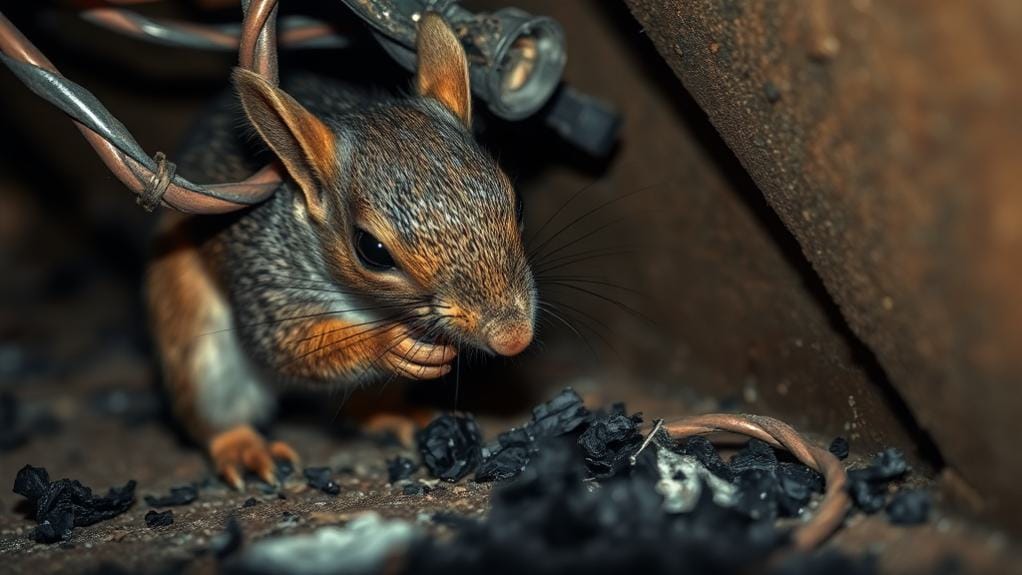
While insulation damage is concerning, the electrical hazards posed by squirrels can be downright deadly. These bushy-tailed menaces have a bizarre obsession with gnawing on your home's electrical wiring – and trust me, you don't want them anywhere near those power lines.
Electric trap options can help eliminate rodents before they cause serious electrical damage, but quick action is essential. Here's what you're up against:
- Exposed wires from their constant chewing create serious fire risks in your walls and attic
- A shocking 20% of power outages happen thanks to our nutty "friends"
- Short circuits? Yep, squirrels cause those too
As a homeowner, you'll need to stay vigilant. Check your electrical system regularly for signs of damage. Look for chewed wires, compromised insulation, or any evidence of squirrel activity near electrical components.
*Pro tip: If you hear scratching near your electrical fixtures, don't wait – call a professional immediately.*
Structural Weakness Assessment
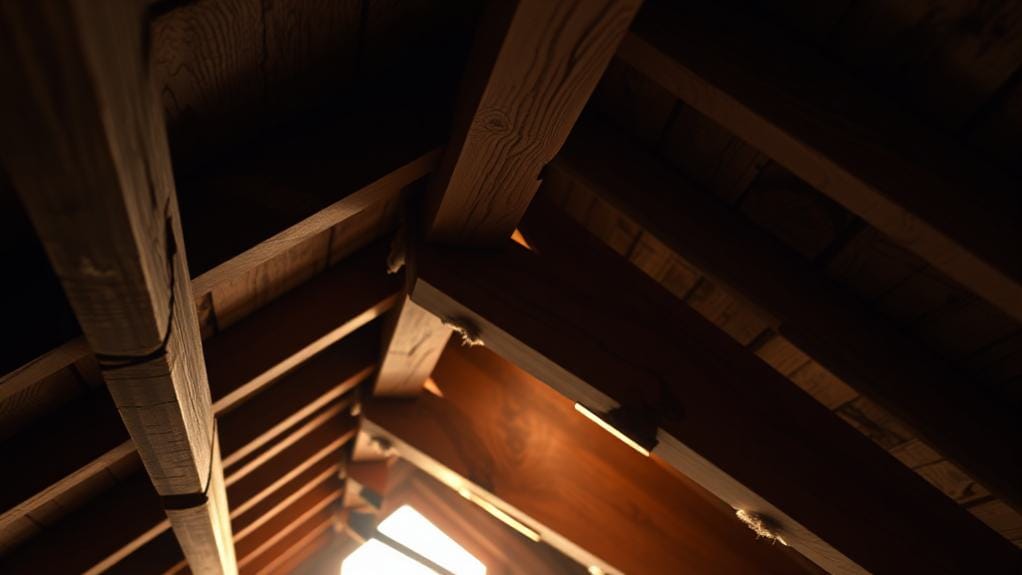
A thorough structural inspection becomes critical when squirrels have invaded your home. These bushy-tailed destroyers cause structural weakness through relentless gnawing that'll make your house about as stable as a card tower in a windstorm.
Chewed insulation and wiring can create serious fire hazards and reduce your home's energy efficiency dramatically.
Here's what you're up against:
- Squirrels cause major damage to your house by chewing through wooden beams and joists – you know, those slightly important things holding your roof up.
- They create sneaky entry points that let in more of their destructive friends.
- Moisture retention from blocked ventilation leads to mold (because apparently, they're aspiring demolition experts).
*Pro Tip: Don't ignore those scratching sounds in your walls. What starts as minor gnawing can turn into extensive damage faster than you'd think. Check your attic and exterior monthly – your home's structural integrity depends on it.*
Health Risks From Infestations
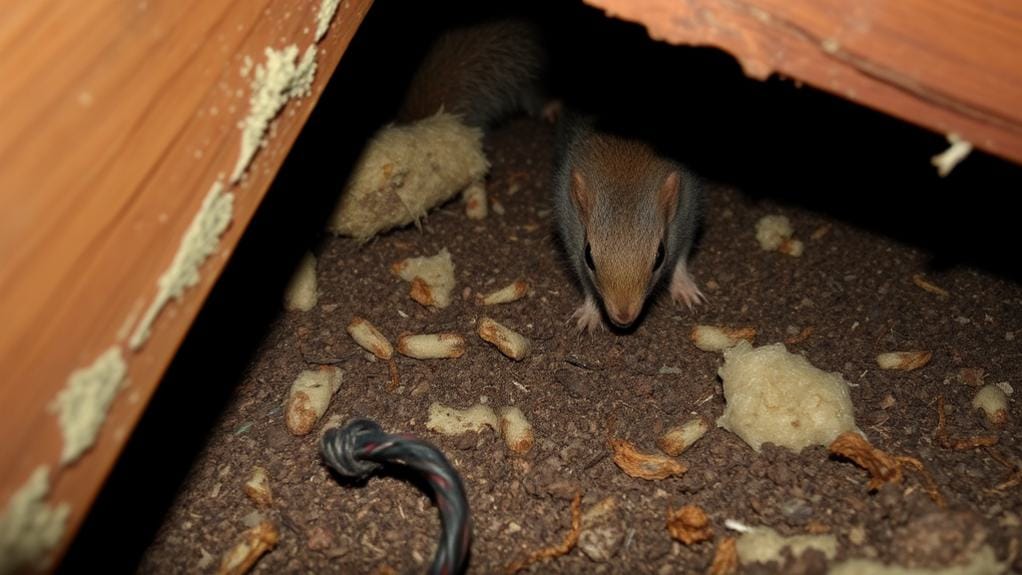
Disease-carrying squirrels don't just damage your home's structure – they create serious health hazards for everyone living under your roof.
Those cute little critters are actually walking health risks when they decide to make your attic their new condo. While toxic mothball fumes are dangerous to use as deterrents, letting squirrels remain in your home poses even greater risks.
Think squirrel droppings are just gross? Think again. They can spread nasty diseases like leptospirosis and salmonellosis to you and your pets.
And that's not all – these unwanted tenants bring their own roommates: ectoparasites like fleas and ticks that'll happily make your home their playground.
Pro Tip: If you spot droppings, don't play the waiting game!
When squirrel infestations go unchecked, they:
- Contaminate insulation with waste
- Create unsanitary conditions throughout your home
- Introduce dangerous molds and fungi
- Put your family's respiratory health at risk
The longer you wait, the worse (and more expensive) it gets.
Wall and Ceiling Damage
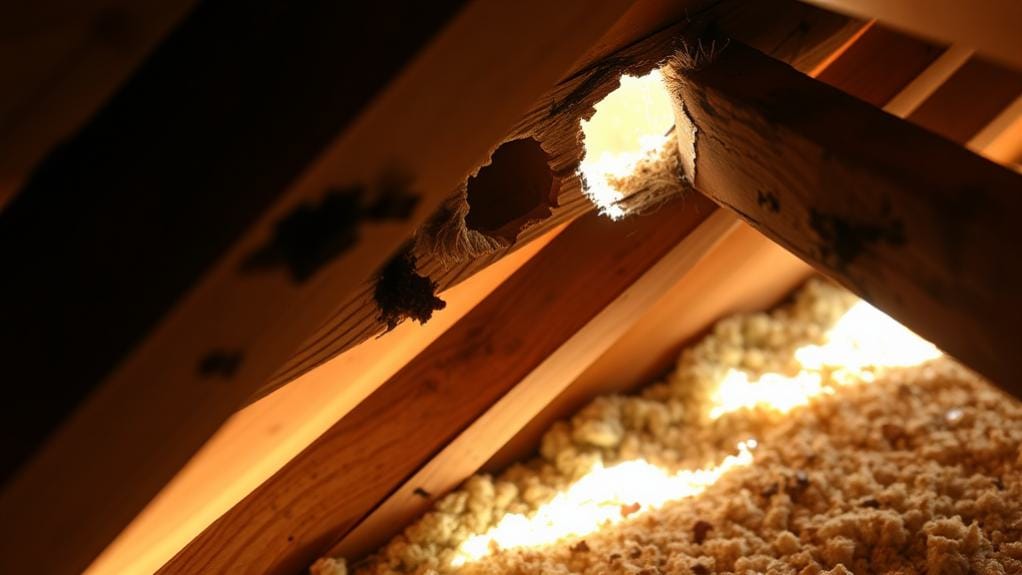
Sharp teeth and relentless gnawing make squirrels notorious wall destroyers once they've breached your home's exterior. Their constant gnawing creates havoc inside your walls – and trust me, they're not doing home improvements for you.
You'll often spot clear nesting signs like teeth marks on wooden beams and damaged ductwork before seeing the culprits themselves. These furry vandals will tear through your insulation to build their cozy nests while leaving you with skyrocketing energy bills.
Think that's bad? Here's worse:
- They'll contaminate insulation with droppings and urine (yes, it's as gross as it sounds)
- Their chewing creates new entry points for other unwanted guests
- Dead squirrels in walls? That's a smell you won't forget
*Pro Tip: If you hear scratching in your walls, don't wait for pest control. The longer you delay, the more access to your attic they'll create – and the bigger your repair bill gets.*
Roofing and Gutter Problems
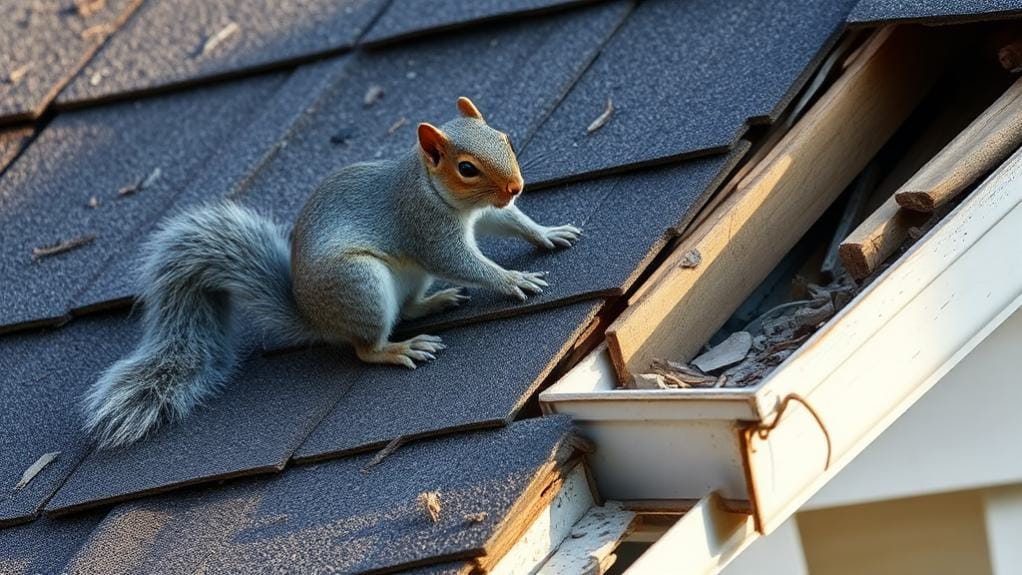
While squirrels wreak havoc inside your walls, they're just as destructive to your home's exterior defenses. These bushy-tailed menaces love turning your roof into their personal playground – and trust me, it's not the fun kind.
| Squirrel Damage | Impact on Your Home |
|---|---|
| Gnawed Shingles | Water leaks & rot |
| Damaged Soffits | Attic invasions |
| Blocked Gutters | Drainage failures |
| Chewed Vents | Appliance hazards |
| Entry Holes | Pest infestations |
Pro Tip: If you hear scratching above your head, don't wait – you've got unwanted tenants who aren't paying rent!
Your roofing materials aren't designed to withstand those sharp little teeth. Once squirrels create entry points, you're looking at a cascade of problems: water damage, compromised attics, and clogged gutters. Take preventative measures now, or you'll be sharing your attic with an entire family of destructive roommates.
Property Value Impact
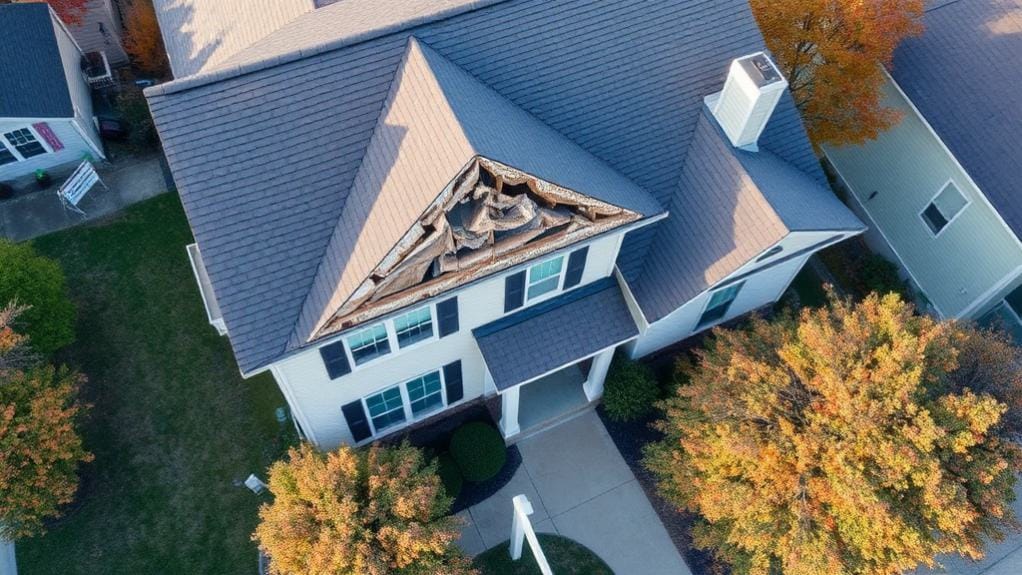
Your home's market value can take a serious hit when squirrels decide to move in uninvited. The damage done by these furry invaders isn't just a cosmetic nuisance – it's a serious financial threat to your property value.
Think those visible signs of squirrel damage won't matter to buyers? Think again. Nobody wants to inherit:
- Chewed-up roofing materials
- Damaged insulation
- Gnawed wooden structures
- Potential health risks from droppings
Pro Tip: Insurance companies aren't fans of squirrel-infested properties either. Good luck getting coverage!
The longer you wait on squirrel control, the bigger your financial loss becomes. Your property value impact multiplies as these unwanted tenants settle in.
And here's a fun fact: homes with pest problems typically sit on the market longer. (Spoiler alert: That's not actually fun at all.)
Prevention and Control Methods
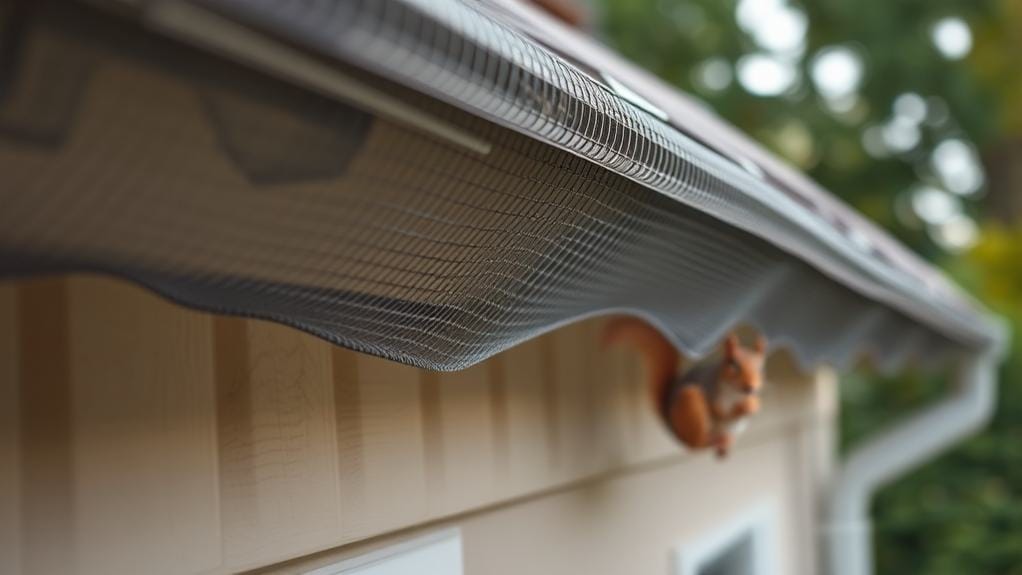
Now that you understand the financial stakes, taking action against squirrel invasions becomes a top priority.
You'll need to get serious about prevention if you don't want these fuzzy troublemakers to damage your home.
Start by playing defense. Inspect and repair all potential entry points – yes, every single one. Those tiny gaps you've been ignoring? They're basically rolling out the red carpet for squirrels.
Here's your battle plan:
- Trim those tree branches near your roof (squirrels aren't Olympic long jumpers, thankfully)
- Install barriers on vents and chimneys (unless you're running a squirrel hotel)
- Secure food sources and trash bins (no free buffet!)
- Monitor your property regularly for new damage
Pro Tip: *Focus on humane removal methods while sealing entry points. Nobody wants a trapped angry squirrel seeking revenge in their attic.*
Frequently Asked Questions
Are Squirrels Destructive to Houses?
Yes, squirrels are extremely destructive to your home. They'll chew through wiring, insulation, and roofing materials, causing fire hazards and water damage. You'll face costly repairs from their nesting and contamination issues.
Can Squirrels in Your House Make You Sick?
Yes, you can get sick from squirrels in your house. Their droppings and urine carry dangerous bacteria like salmonella, while they also bring fleas and ticks that spread diseases like tularemia and leptospirosis.
Do Squirrels Cause Problems?
Yes, squirrels can ruin your peace, damage your home, and threaten your health. They'll chew through wires, contaminate your space with droppings, and create fire hazards that'll cost you thousands in repairs.
Is It Bad to Have a Lot of Squirrels in Your Yard?
Yes, it's risky to have many squirrels in your yard. They'll damage your trees, destroy gardens, and can eventually invade your home. They also carry diseases and attract other pests to your property.
Last Word
Ever wondered why those cute little squirrels aren't so adorable once they've invaded your home? You're now armed with the knowledge to spot, prevent, and deal with these furry vandals before they turn your house into their personal playground. Don't wait until you're facing thousands in repair costs – take action now. Between damaged wiring, ruined insulation, and potential health risks, you can't afford to ignore these bushy-tailed troublemakers.
